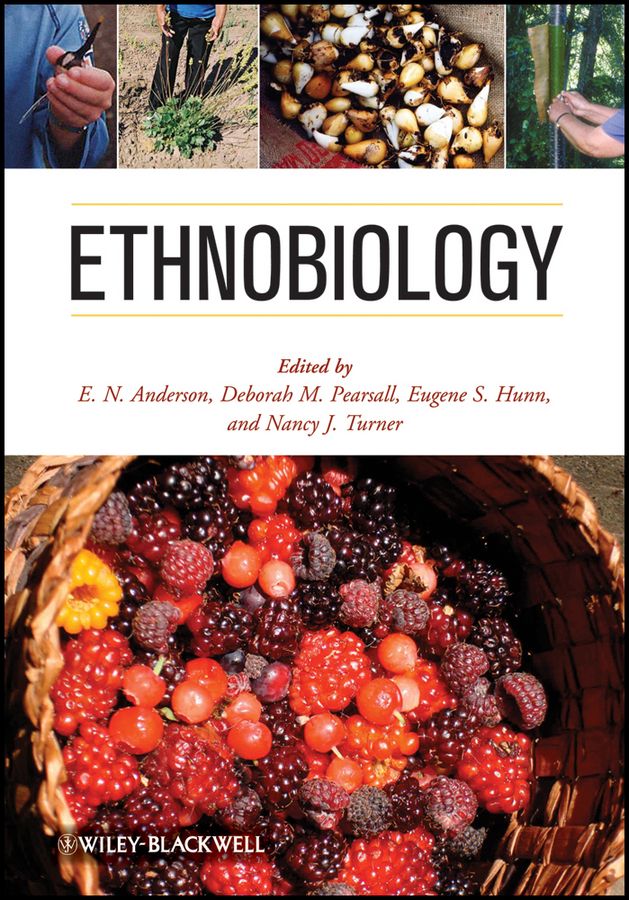The single comprehensive treatment of the field, from the leading members of the Society of Ethnobiology<br /> <br /> <p>The field of ethnobiology—the study of relationships between particular ethnic groups and their native plants and animals—has grown very rapidly in recent years, spawning numerous subfields. Ethnobiological research has produced a wide range of medicines, natural products, and new crops, as well as striking insights into human cognition, language, and environmental management behavior from prehistory to the present.</p> <p>This is the single authoritative source on ethnobiology, covering all aspects of the field as it is currently defined. Featuring contributions from experienced scholars and sanctioned by the Society of Ethnobiology, this concise, readable volume provides extensive coverage of ethical issues and practices as well as archaeological, ethnological, and linguistic approaches.</p> <p>Emphasizing basic principles and methodology, this unique textbook offers a balanced treatment of all the major subfields within ethnobiology, allowing students to begin guided research in any related area—from archaeoethnozoology to ethnomycology to agroecology. Each chapter includes a basic introduction to each topic, is written by a leading specialist in the specific area addressed, and comes with a full bibliography citing major works in the area. All chapters cover recent research, and many are new in approach; most chapters present unpublished or very recently published new research. Featured are clear, distinctive treatments of areas such as ethnozoology, linguistic ethnobiology, traditional education, ethnoecology, and indigenous perspectives. Methodology and ethical action are also covered up to current practice.</p> <p><i>Ethnobiology</i> is a specialized textbook for advanced undergraduates and graduate students; it is suitable for advanced-level ethnobotany, ethnobiology, cultural and political ecology, and archaeologically related courses. Research institutes will also find this work valuable, as will any reader with an interest in ethnobiological fields.</p>
Ethnobiology
₹6,358.00
This book is currently not in stock. You are pre-ordering this book.




